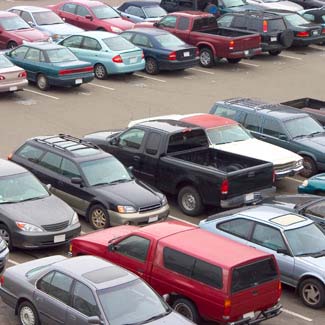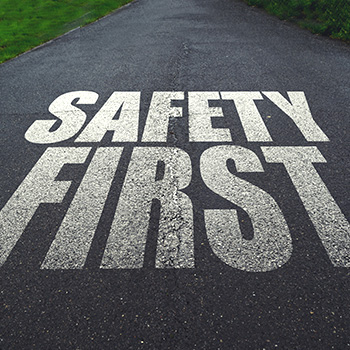Parking at LaGuardia Airport During Construction

Here’s what you need to know before you leave home for the airport:


Here’s what you need to know before you leave home for the airport:



In recent years, there’s been growing public concern about ground transportation safety, especially in light of safety-related news stories related to the new breed of ride-sharing services such as Lyft and Uber that rely on smartphone ride-hailing apps. Many riders have been wondering: What are my rights as a passenger? And what exactly should I expect from my driver and from ground transportation companies? A recent online survey found that 91% of U.S. adults over the age of 17 believed there should be mandatory rules and regulations for ride-hailing drivers. Read More

On May 18th Concur and Microsoft announced a significant improvement – one that could affect all of the Concur business users who use Microsoft Outlook as part of Microsoft’s cloud-based Office 365 product. Soon, clients who use both Concur and Office 365 Outlook will be able to book travel and organize their expense receipts within Outlook. Users will be able to simply opt into the service. No formal release date was given, but a beta version release is expected this summer.